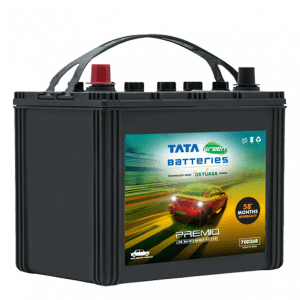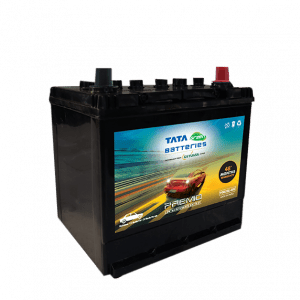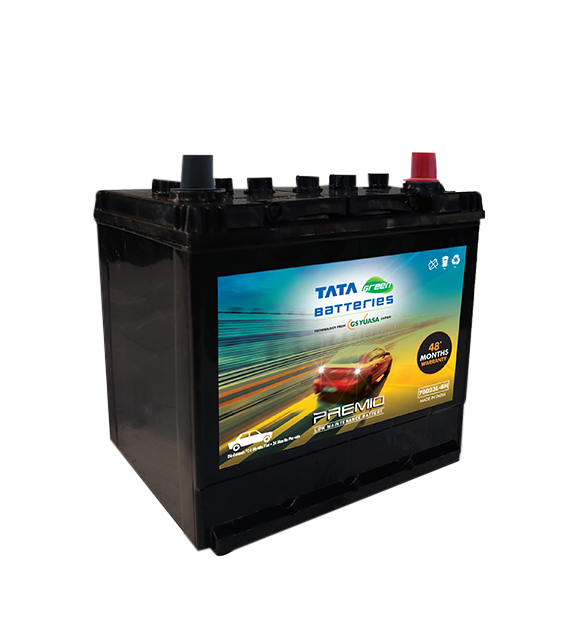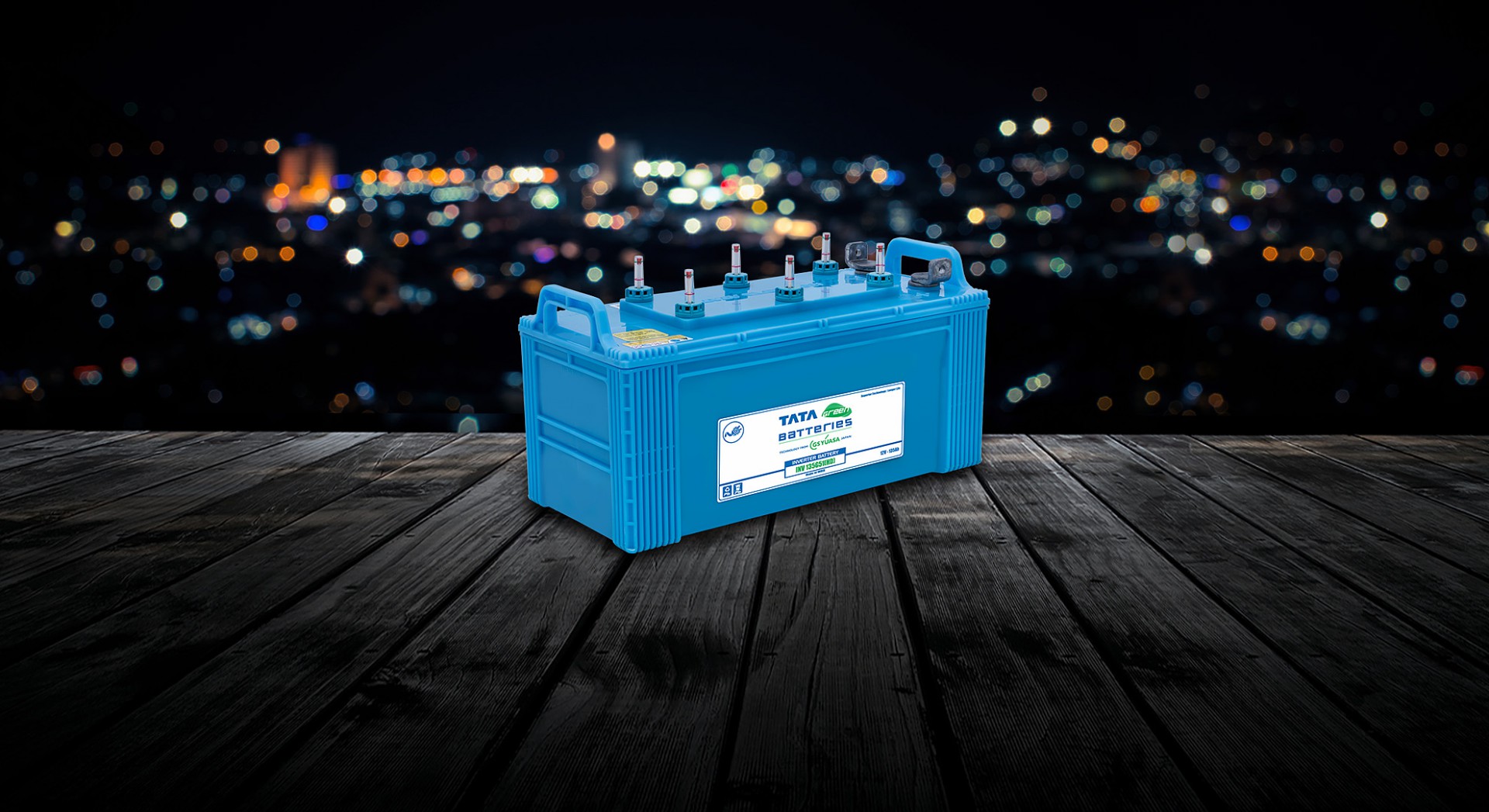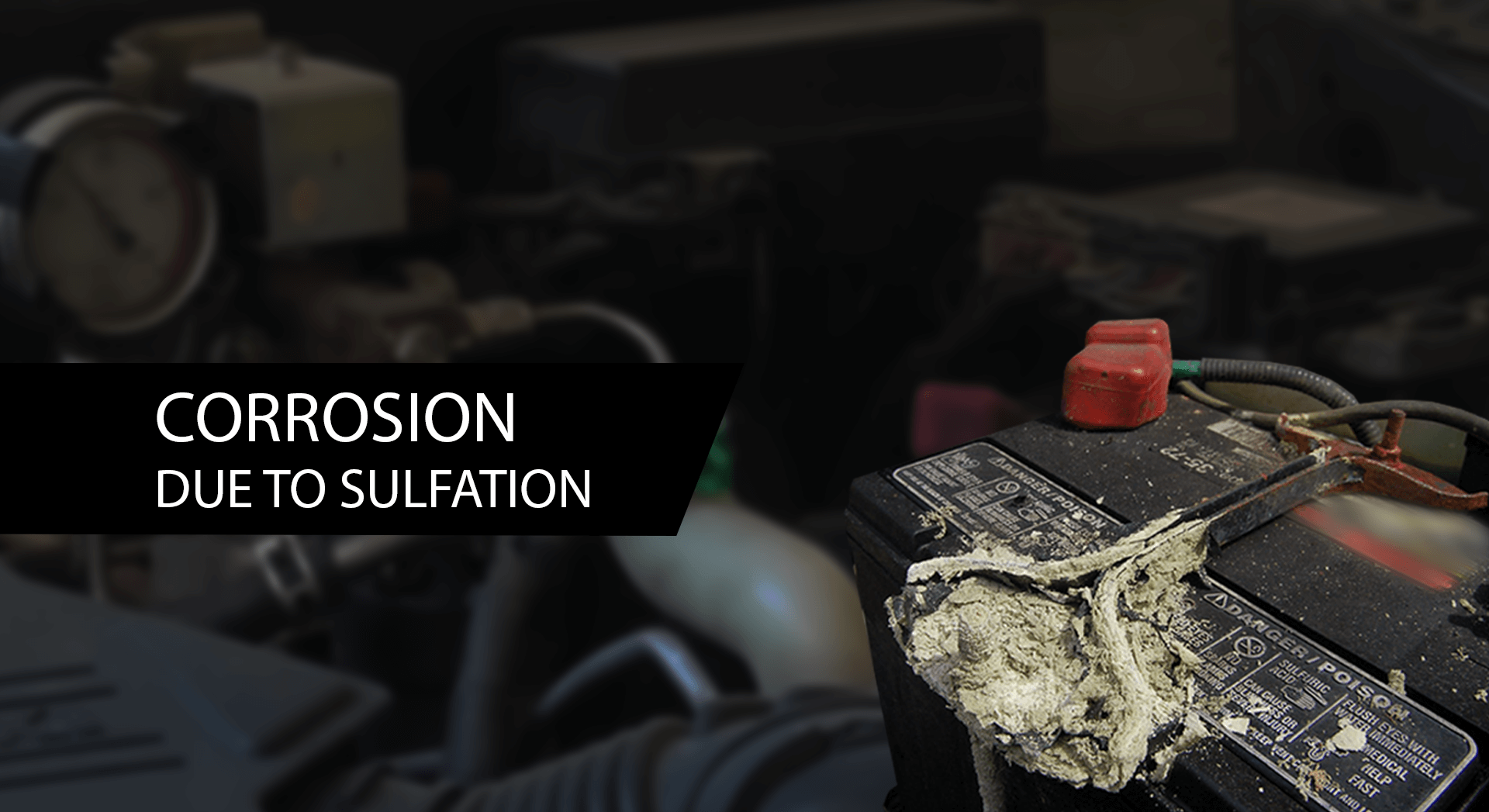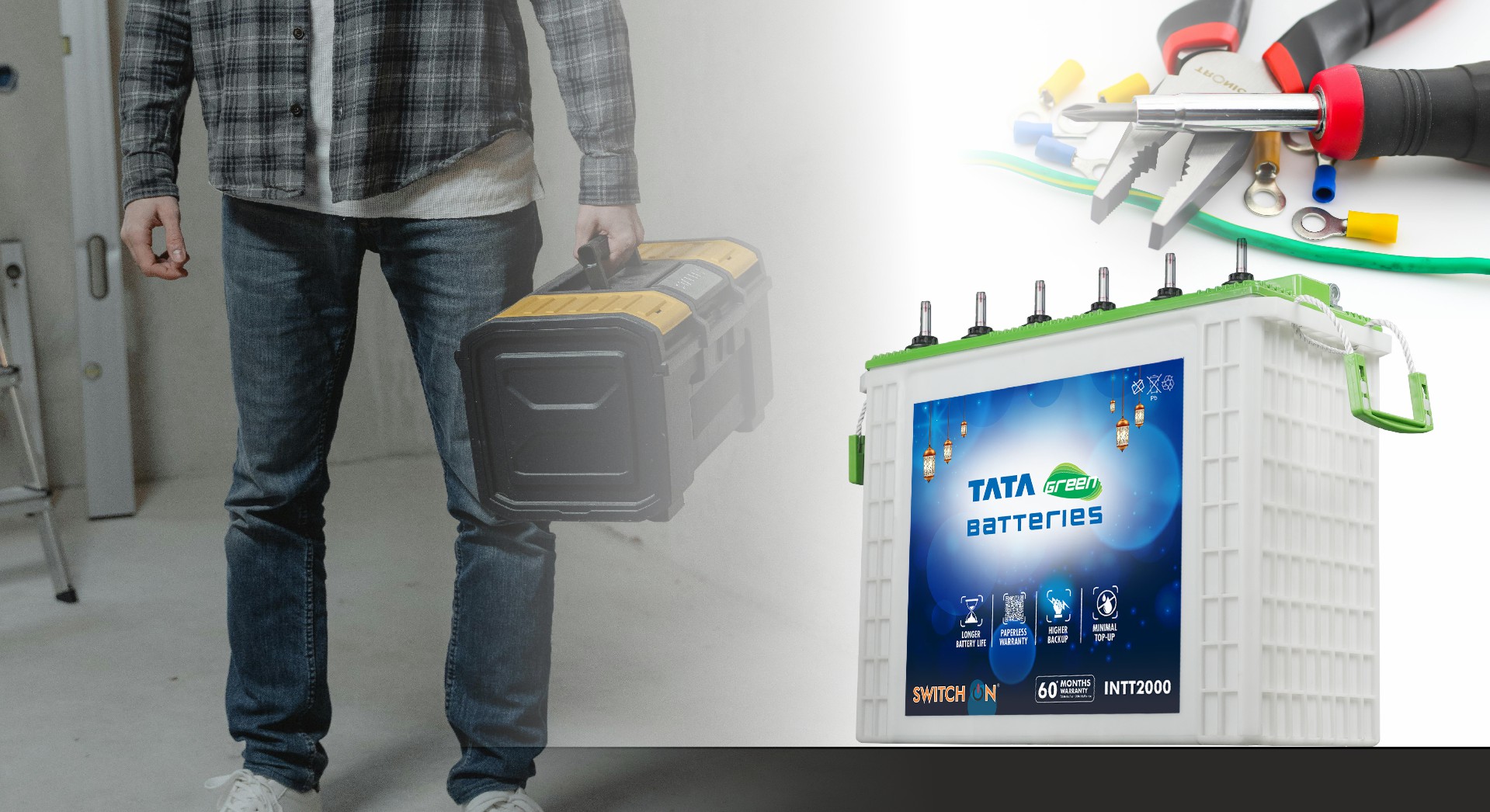Electricity is something most of us take for granted. We flip a switch and expect the lights to glow instantly. Behind this simple act lies a massive network of substations and transmission lines that work tirelessly to ensure power reaches homes, businesses and industries. But have you ever wondered what keeps this system safe and reliable, even when the main power supply fails? The answer often lies in the humble battery.
Batteries play a crucial role in electrical substations and transmission facilities. They may not be visible to us as consumers. However, they silently protect equipment, maintain control systems and ensure uninterrupted operations. Let’s understand why these batteries are so important.

Power Supply for Protective Devices
One of the most important roles of a battery in a substation is to provide backup power for protective devices. These include protective relays and other critical components that guard the entire system from faults.
When a fault or short circuit occurs, protective devices must act instantly to isolate the problem. If they fail to work on time, large parts of the grid could collapse, causing blackouts or serious equipment damage. Batteries supply the reliable DC power needed to keep these relays active even when the main supply fails.
Think of it like a watchman standing guard. Even if the main gate loses power, the watchman stays alert with his own torch to ensure intruders don’t slip in. In the same way, batteries make sure protective devices always have the energy to do their job.
Reliable During Outages
Another big advantage of having batteries in substations is their ability to maintain operations during outages. Power failures can happen due to storms, equipment breakdowns or maintenance work. In such moments, the battery keeps signalling systems, alarms and critical controls running.
This prevents sudden equipment shutdowns that could lead to costly damage. For example, without battery support, motors, circuit breakers or transformers could face severe stress if power cuts happen suddenly. The presence of batteries provides a cushion of time, ensuring that sensitive equipment is switched off safely and that operations resume smoothly once power is restored.
For the transmission network as a whole, this reliability is vital. It helps maintain stability across long distances and ensures that consumers don’t experience frequent interruptions.
Support for Control Systems
Batteries also supply DC power to the control systems of transmission lines. These control systems manage everything from monitoring voltage levels to balancing power flow across the grid.
Without a reliable power source, these systems cannot function properly. Even a few minutes of downtime can cause huge disruptions, affecting thousands of consumers. That’s why batteries are considered the backbone of control operations.
They ensure smooth and uninterrupted functioning of control panels, switches and monitoring instruments. This is especially important in India, where transmission lines stretch across vast distances and must handle fluctuating loads in challenging conditions. Batteries bring a level of dependability that keeps the entire system steady.
A Safeguard for the Future
As India’s demand for electricity continues to rise, the importance of reliable power infrastructure grows even more. Substations and transmission facilities are expected to deliver an uninterrupted supply while also protecting expensive equipment from faults and sudden shutdowns.
Batteries make this possible by working silently in the background. They don’t just act as emergency backups; they are active guardians of the system, keeping protective devices, signalling equipment and control systems alive at all times.
This combination of safety, continuity and control ensures that electricity supply remains dependable, which is essential not just for households but also for industries, hospitals, schools and every corner of modern life.
The Invisible Backbone of Power Networks
When we think of electricity, we often picture power plants, tall transmission towers or the wires outside our homes. Rarely do we think about the batteries sitting quietly inside substations. Yet, these unsung heroes are the invisible backbone of the power network.
By ensuring that protective devices never fail, keeping operations steady during outages and supporting vital control systems, batteries make our electrical grid stronger and safer. They are small in size compared to the giant machines in a substation. But their importance is enormous.
The next time you enjoy an uninterrupted evening despite a storm outside, remember that a battery somewhere in the grid is working hard to keep your lights on.







